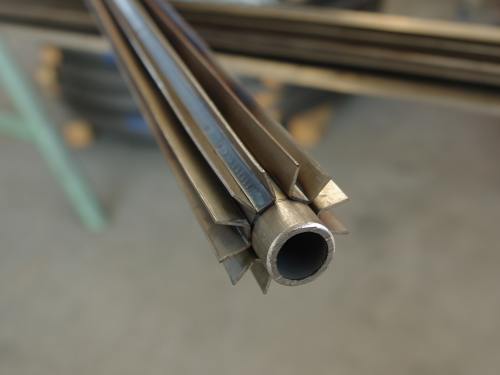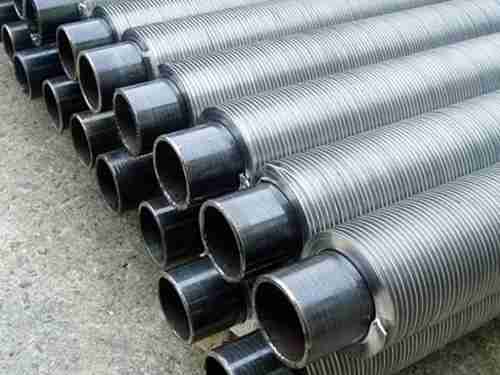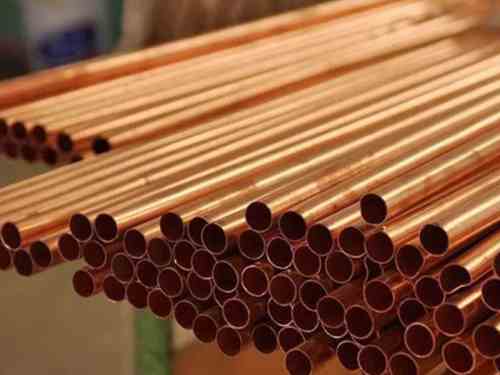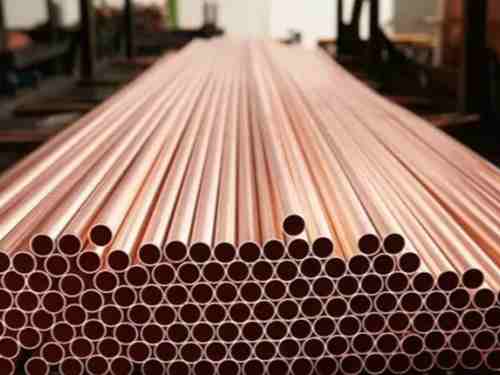The production method of 5083 aluminum alloy pipe
5083 aluminum alloy, consisting of 5.2% magnesium, 0.1% manganese, and 0.1% chromium, exhibits high strength and excellent ductility in its annealed state, making it highly formable. This alloy is renowned for its high corrosion resistance, particularly in marine environments. Here is an overview of the production methods for 5083 aluminum pipe:
Extrusion Method
In the extrusion process, preheated 5083 aluminum alloy billets are fed into a continuous extrusion machine. The machine forces the billets through a die to form the desired tubular shape. This method is ideal for producing large-diameter pipes and complex cross-sectional shapes.
Forging Method
The forging process involves transforming 5083 aluminum billets into tubes by placing the billet into a mold and applying high pressure to alter its shape. This method produces strong and durable pipes by compacting the metal structure.
Welding Method
5083 aluminum pipes can also be produced by welding 5083 aluminum sheets or coils into tubes. Various welding methods are used, including:
TIG (Tungsten Inert Gas) Welding
MIG (Metal Inert Gas) Welding
Electron Beam Welding
Each welding method ensures the joints are strong and resistant to corrosion, suitable for a variety of applications.
These production methods allow for the creation of 5083 aluminum pipes that are robust, corrosion-resistant, and versatile, suitable for use in marine, aerospace, and industrial applications.

 English
English Español
Español











